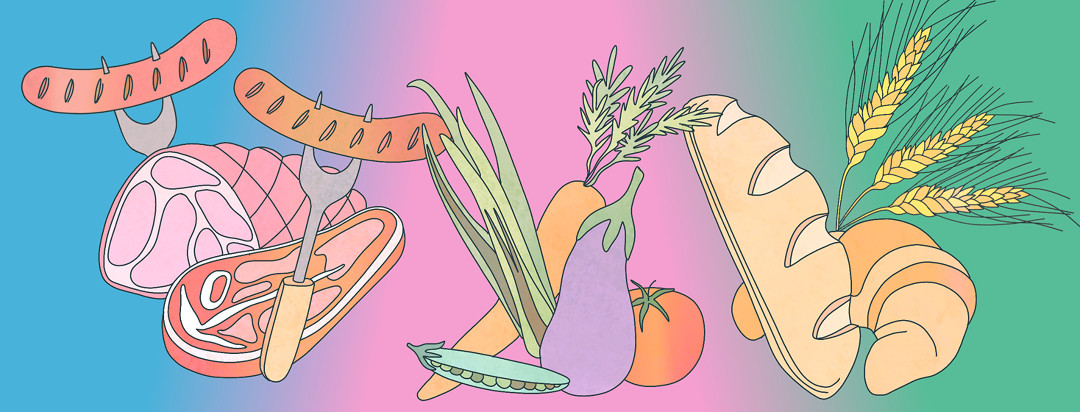Diet Considerations for Lupus
If you are a lupus patient, chances are, you have tried a diet trend at some point. You might have gone gluten-free or vegan. You might have eliminated red meat but kept the fish and chicken, or you might have gone entirely vegetarian. After 17 years of having lupus nephritis, educating myself on different diets, discussing them with my doctors, and trying different ones, I have concluded that a nutritious diet relative to MY condition is the right diet for ME. I encourage YOU to dig deeper into the comorbidities resulting from YOUR lupus before considering any specific food trend.
Featured Forum
View all responsesWith so many different types of lupus, various complications and comorbidities come with the disease. Hence, one singular diet cannot be considered the right or wrong lupus diet regardless of all the books and information on the internet that claim to cause or cure the disease. In my opinion, there are two sets of considerations that one must count in setting the right diet.
The following are my personal opinions based on my own experiences. I am not a medical professional. Please consult your doctor if considering any diet.
Diets that reduce inflammation
The right diet is a well-balanced intake of a variety of fresh fruits and vegetables, diversity of proteins such as meat, fish, or poultry, and a variety of grains. In my opinion, the right diet is the diet that provides the following according to specific complications caused by lupus.
Studies show refined carbohydrates, artificial trans fats, processed meats, sugar, and excessive alcohol cause inflammation. On the flip side, colorful fruits, green leafy vegetables, whole grains, nuts, fatty fish, antioxidant-rich spices such as turmeric are some of the food options with anti-inflammatory properties.
Lupus medications and diet
An example of this is the dietary considerations when taking steroids such as prednisone. Steroids elevate blood pressure and cholesterol levels. Another side effect is osteoporosis, a disease that reduces the bones' density and makes them fragile. The former requires a reduction of salt and fat in the diet. The latter requires a diet rich in Calcium and Vitamin D. Dark green leafy greens such as kale, spinach, and collard greens; broccoli; milk, cheese, and yogurt; almonds, chia seeds, tofu, and edamame are food options that are high in calcium.
Lupus bone, joints, and muscles
All the anti-inflammatory foods help the joints. High calcium and vitamin D foods help the bones. A good balance of protein is what the muscles need.
Comorbidities that come with lupus requires different diet considerations. While one food is a necessity for one lupus patient, it might be forbidden for another lupus patient. These are dietary considerations that each individual must conclude for themselves.
Should I avoid or consume red meat?
The best example that one size does not fit all in Lupus diets. A patient with lupus nephritis might have to reduce their red meat intake because their kidneys cannot handle the amount of protein. At the same time, a patient without kidney complications but with high inflammation requires substantial amounts of protein to fight the inflammation. Red meat is rich in protein and might be the right choice for the latter patient.
Does a gluten-free diet benefit people with lupus?
There is no clinical evidence that a gluten-free diet cures lupus. However, some might experience less inflammation by preventing high gluten food. Personally, I go on and off of gluten several times a year, depending on the level of my joint inflammations. My doctors do not believe in its impact on my blood tests or any other symptoms, but they don't discourage me from my choice.
Should I try a vegan or vegetarian diet?
While these can provide a healthy diet for an individual, they have deficiencies. For example, plant proteins do not have certain amino acids than animal proteins, which makes animal proteins "complete proteins." It is difficult to gain all the amino acids your body needs through none animal proteins. Experts recommend mixing the protein choices to get as many varieties as possible for vegan and vegetarian diets. Vitamin B supplement is another recommendation for vegan or vegetarian diets as it can only be found in animal products.

Join the conversation